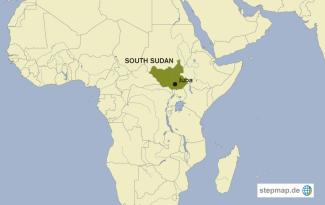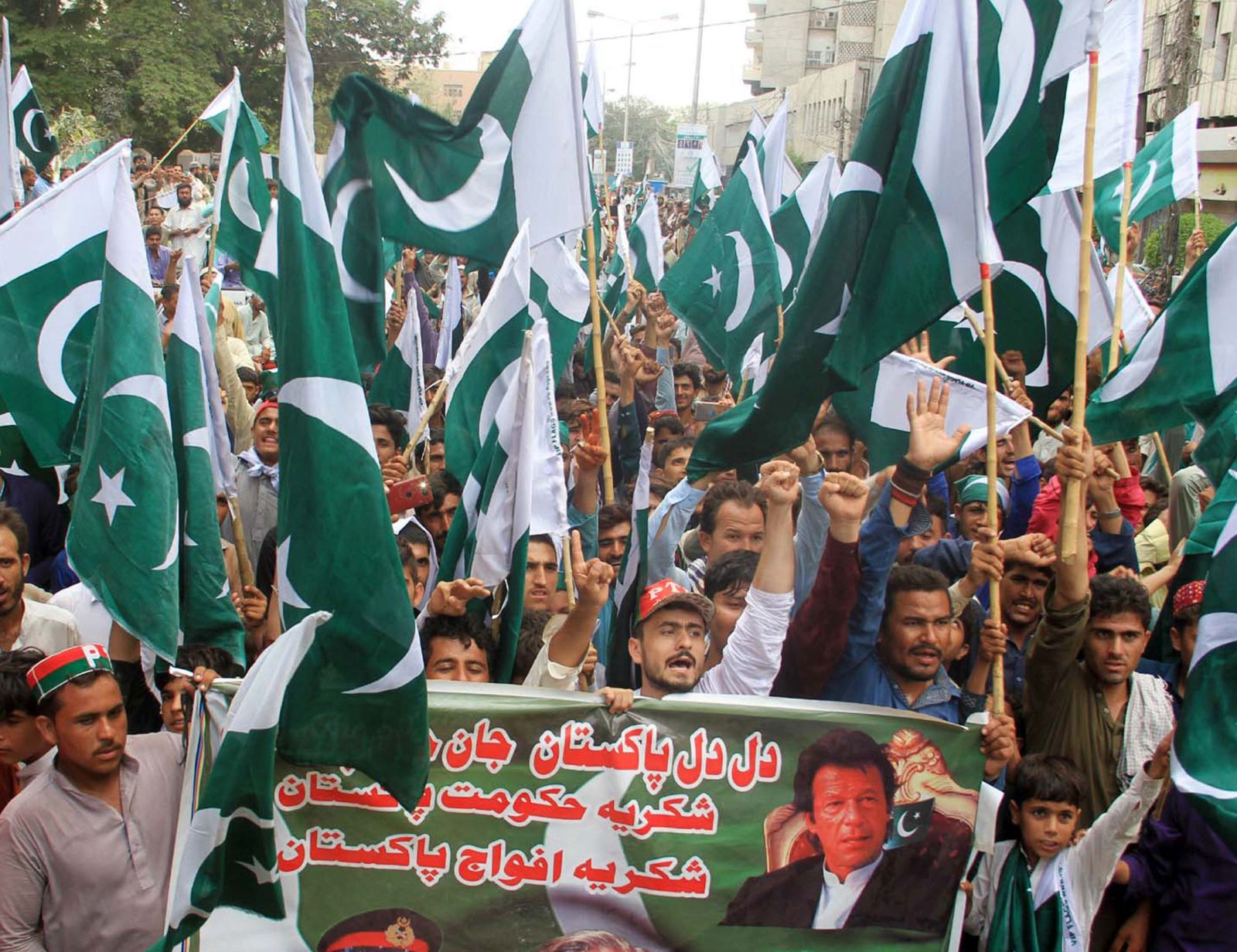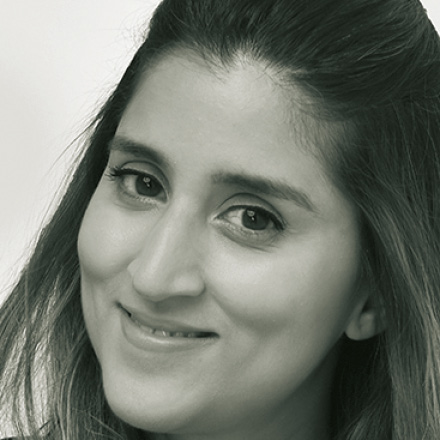Civil war
High expectations for peace

A new peace agreement was signed in August. Lado says it inspires the hope that “fuel will become available and the boda-boda business will revive.” He expresses confidence that the rival political leaders will put aside their differences and implement the peace treaty signed in August.
The peace accord between President Salva Kiir and Riek Machar, his former deputy who became rebel leader, was brokered by East-African governments with support from the United States, Norway, the United Kingdom, China and the United Nations. It will create a position of first vice president for Machar while President Kiir will retain his position for thirty months as head of a transitional government of national unity. This transitional government was supposed to take office three months after the leaders signed the deal, but that has now been delayed to mid-January.
The war, which originated from a power struggle within the ruling SPLM party, has caused the death of tens of thousands of civilians. Its economic impact was devastating too, as oilfields in north of the country were closed. Oil accounts for over 90 % of national revenues and it is the sole source for foreign exchange needed to import essential goods such as fuel, sugar and flour.
“When the peace agreement is implemented, you will see rich business men releasing money from their accounts and invest here, because they will be confident that the war is over and their assets are safe,” Lado hopes.
John Majok works in a private commercial bank. His monthly income, consisting of wages and extra money for overtime work, was severely reduced in the past 20 months.
“On some days, I stay in the banking hall for six hours without serving a single client,” Majok complains, adding that he cannot afford the surging living costs in Juba, not even transport by boda-boda. “I walk to work,” he says. “Only permanent peace will change this situation. Foreign donors may be willing to help if there is a commitment by President Kiir and rebel leader Machar to really implement the peace agreement,” Majok adds.
To foreign observers, that is a big “if”. In South Sudan, many people feel that things may yet go wrong.
Joy Mary is a market vendor – and one of almost 2 million internally displaced persons (IDPs). She is not sure the war will end now: “The peace agreement talks about power-sharing among politicians, but there is no mention of how our villages will be safe from gunmen.” Armed gangsters forced her to abandon her village in Lianya county, some 50 kilometres west of Juba. Mary says there must be guarantees in the peace agreement so political differences will not trigger another “suffering for us, the women and children.”
Philip Thon Aleu is a journalist and lives in Juba, South Sudan.
pthonaleu@gmail.com












